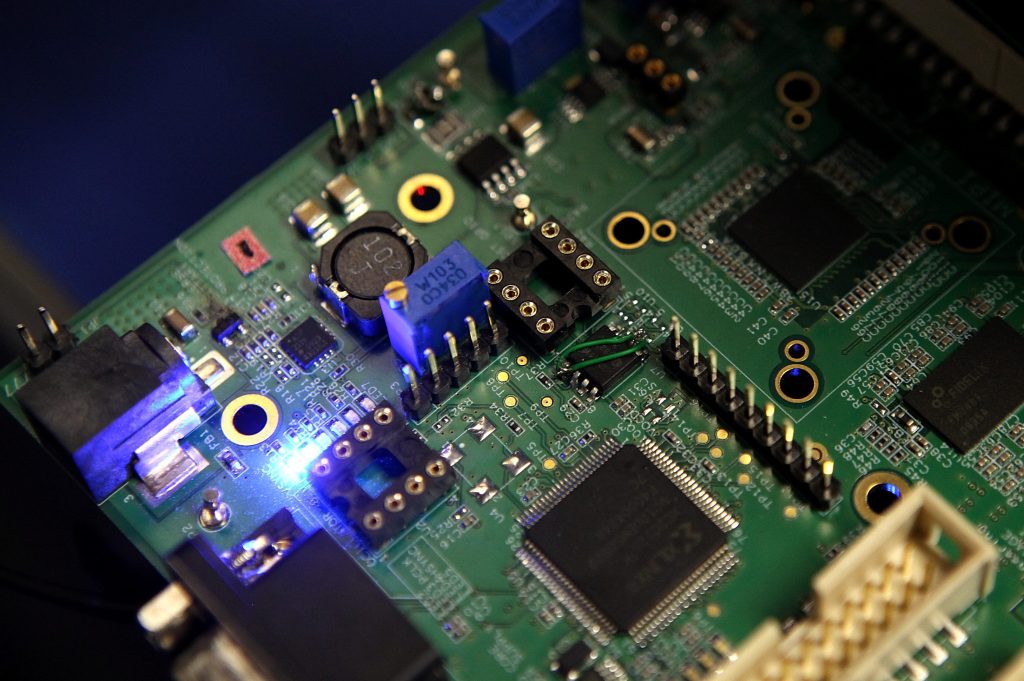US President Joe Biden has signed an executive order prohibiting some new US investment to certain countries in sensitive technologies like computer chips. It also requires the government to be notified about investment in some other tech sectors.
The order lays out plans to regulate investments in certain “countries of concern,” but specifically names China, Hong Kong and Macau as its initial targets.
Chinese entities
The order specifically authorizes the US Treasury to prohibit or restrict US investments in Chinese entities in three sectors: semiconductors and microelectronics, quantum information technologies, and certain artificial intelligence systems.
The measure specifically directs Treasury Secretary Janet Yellen to “define sensitive technologies and products in these categories for purposes of the prohibition and the notification requirement”.
It targets private equity, venture capital, joint ventures and greenfield investments. A greenfield investment is a form of foreign direct investment where a company establishes operations in another country by constructing new facilities from scratch.
Restricting investment would prevent US funds from helping China develop or upgrade its homegrown capabilities.
The outbound investment program portion of the order would require notification to the Treasury Department of many investments, but it will actually prohibit only a few, the order says. Officials said the goal is to avert the “most acute” national security risks by regulating investments in Chinese companies and entities in areas that could give China military and intelligence advantages.
It is distinct from the sanctions regime the US currently uses in a critical way.
Although the US already bans or restricts the export to China of certain technologies and products, restricting investment would prevent US funds from helping China develop or upgrade its own homegrown capabilities.
Public comment period
The proposal is open for public input, as the Treasury Department issued an advance notice of proposed rulemaking to give companies and investors time to comment before it moves forward with a formal notice of proposed regulation.
Such input is likely to focus on how the restrictions are going to apply to what the order calls “narrow subsets” of the three sectors noted above, since those specific subsets of semiconductors and the like were not clearly defined in the document.
Yellen is directed to coordinate her agency’s approach with Secretary of Commerce Gina Raimondo, Secretary of State Antony Blinken, Secretary of Defense Lloyd Austin, Secretary of Energy Jennifer Granholm, and Director of National Intelligence Avril Haines.
China responds
The Chinese Commerce and Foreign Affairs ministries issued a sharply worded response to the order on Thursday, just hours after President Biden signed off on it.
“China is strongly dissatisfied with and resolutely opposed to the US’s insistence on introducing restrictions on investment in China,” the Foreign Affairs Ministry in China said in a statement, according to a CNBC translation of it. And the Chinese Embassy in Washington called the move another attempt to “politicize and weaponize trade” between the world’s two largest economies.

















